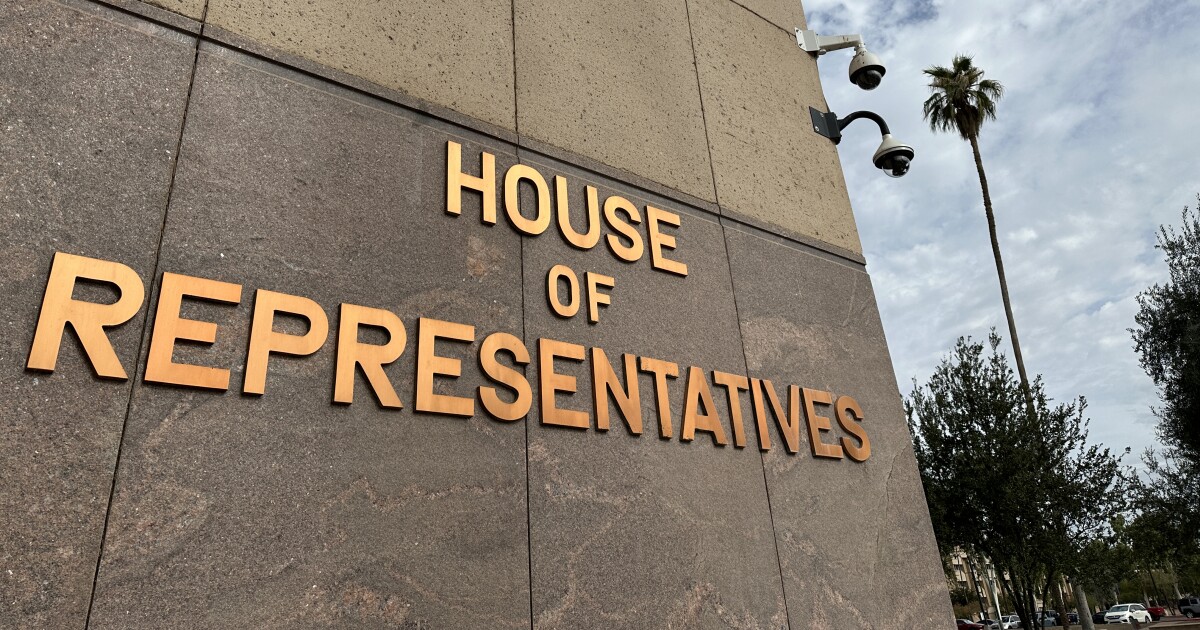In a significant push to maintain affordable healthcare, Michigan advocates are calling on Congress to extend tax credits that are scheduled to terminate at year-end. These credits have played a crucial role in reducing insurance costs and boosting enrollment rates.
The Citizens Research Council of Michigan anticipates that the absence of these credits could result in a dramatic increase in health insurance premiums by several hundred dollars annually for the average consumer.
According to Robert Schneider, a senior research associate with the council, the tax credits were enhanced in 2021 as part of the COVID-19 response, making Affordable Care Act marketplace plans more accessible for Michigan residents. These marketplaces cater to those who earn too much to qualify for Medicaid but lack employer-sponsored insurance.
The upcoming implementation of the One Big Beautiful Bill Act, a legislative package reflecting many of President Donald Trump’s goals, is set to change this scenario.
Schneider highlighted that their research links the loss of health coverage to deteriorating health outcomes and rising expenses. Uncompensated care obligations could strain healthcare providers, leading to reduced services and potential hospital closures.
Democratic Congresswoman Kristen McDonald Rivet (MI-08), representing areas including Midland, Saginaw, and Flint, emphasized the financial strain on local families. “It’s hard for folks to pay their electric bills, to afford groceries, housing, and childcare. … Families in my district are at a breaking point,” she stated.
She further commented, “Imagine the pain of that, when you know you can’t afford to take your child to the doctor. That’s the very real situation for people across our district. And, you know, this is not a partisan issue.” The congresswoman warned that the loss of tax credits could double some premiums, with an average increase of 20%, equating to over $730 annually per family in her district.
McDonald Rivet urged Congressional Republicans to back the tax cuts’ reinstatement for Michigan’s working families, stressing that everyone’s premiums could be affected, not just those on Medicaid.
A spokesperson from Protect Our Care Michigan criticized the expiration of the tax credits as “reckless and irresponsible,” expressing concerns about escalating healthcare costs and the potential impact on families’ ability to access necessary medical care.
The Trump administration has defended its Medicaid policy changes, asserting they will save taxpayer dollars and eliminate inefficiencies.
Some Republicans and administration members have suggested broadening access to “catastrophic plans.” These plans, primarily for those under 30, feature lower premiums but require substantial out-of-pocket expenses before insurance coverage begins.
Schneider from the Citizens Research Council proposed another solution: a state-specific tax credit. “The key conclusion is that doing nothing will likely have long-term ramifications for families as the impacts of the loss of the credits and the loss of coverage will ripple through Michigan,” he said.
—
Read More Michigan News









